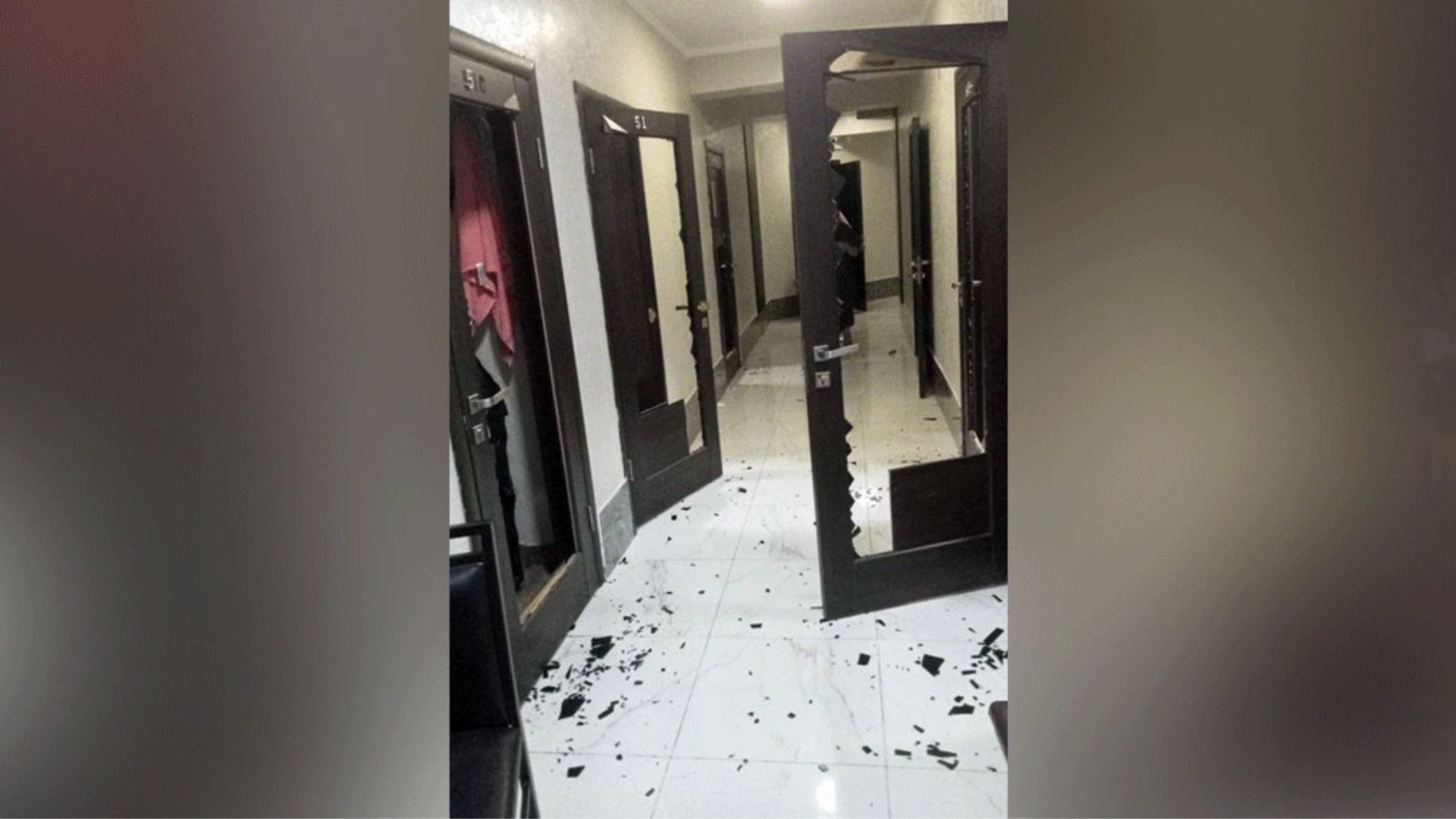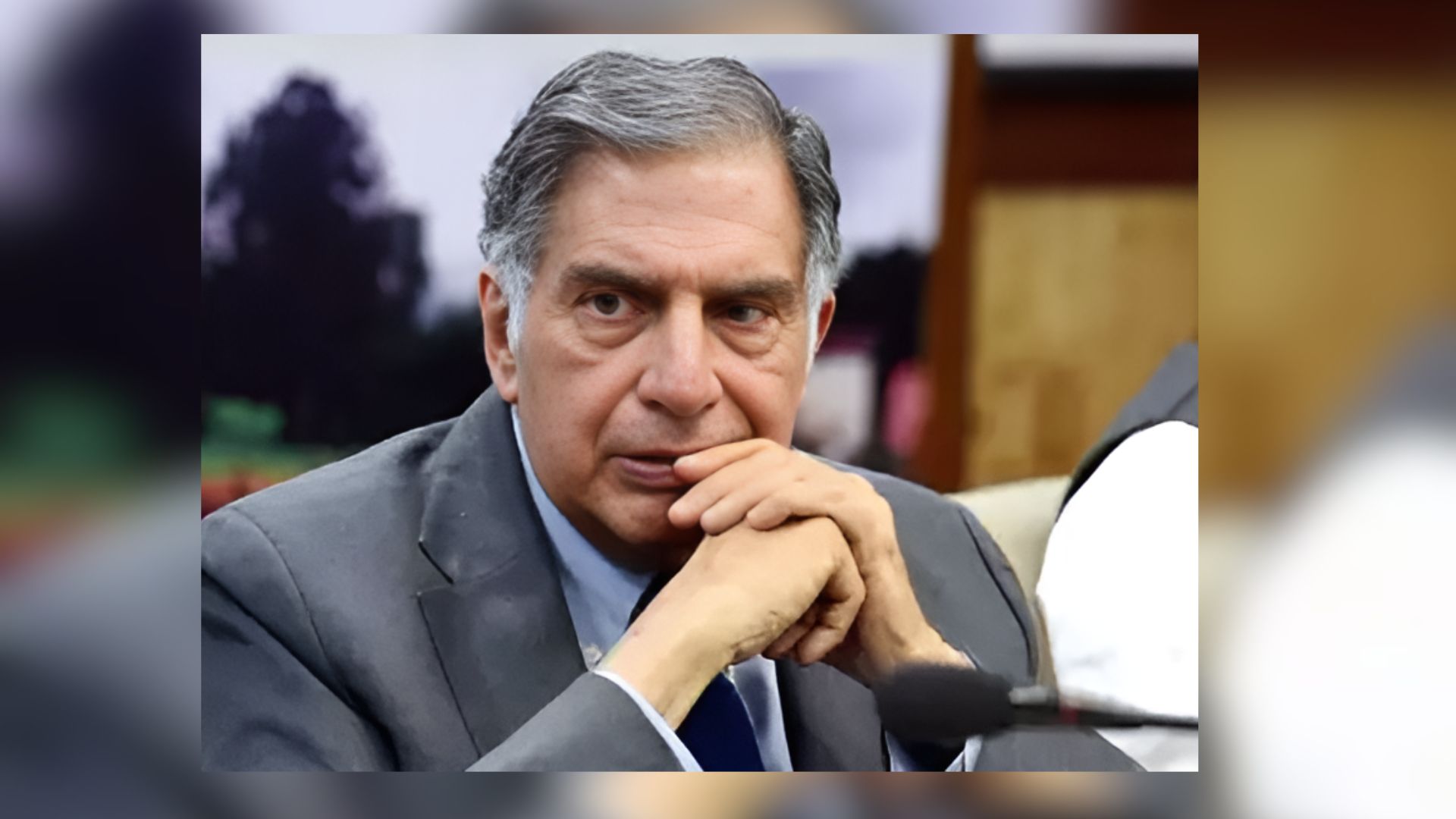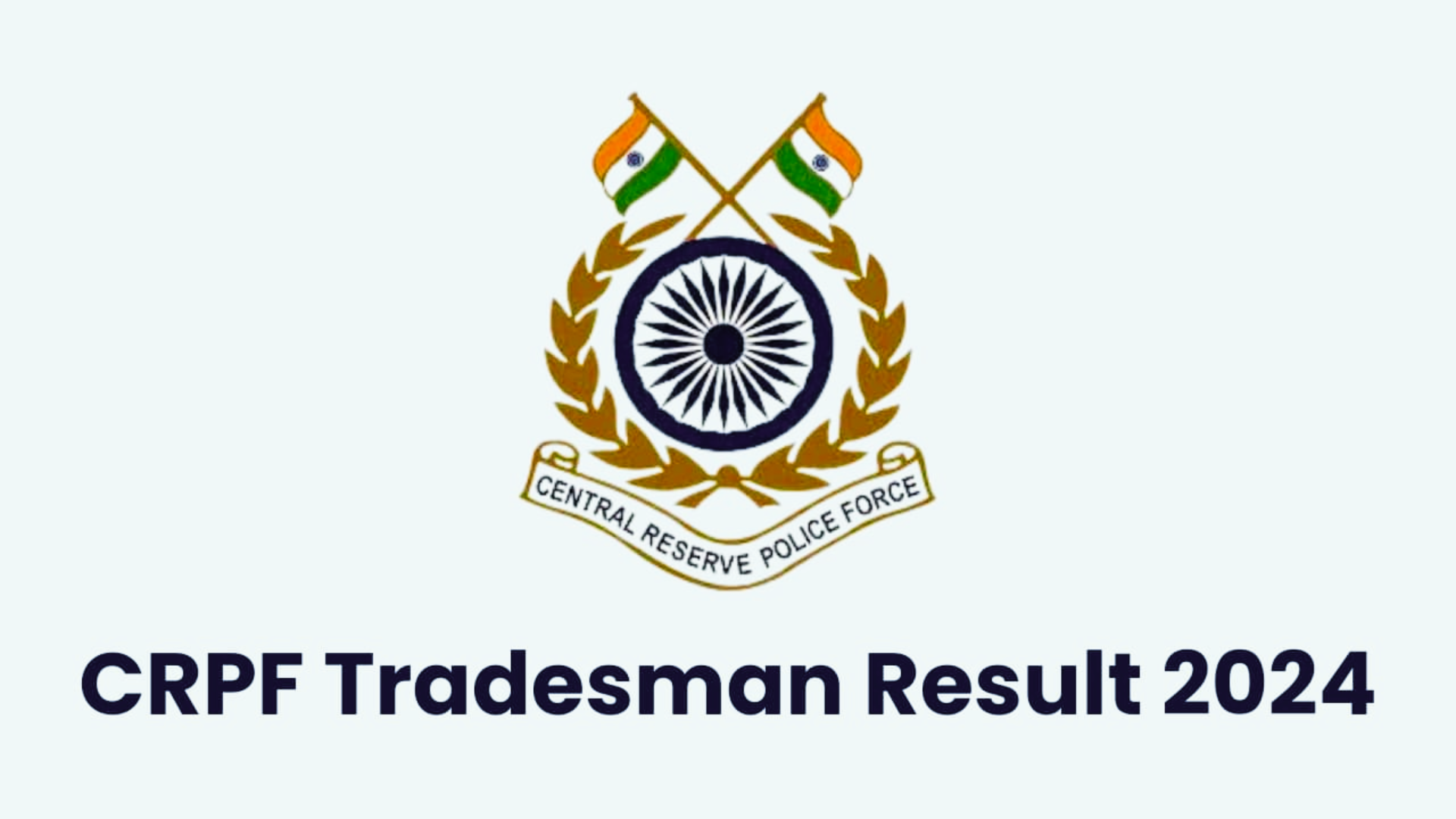


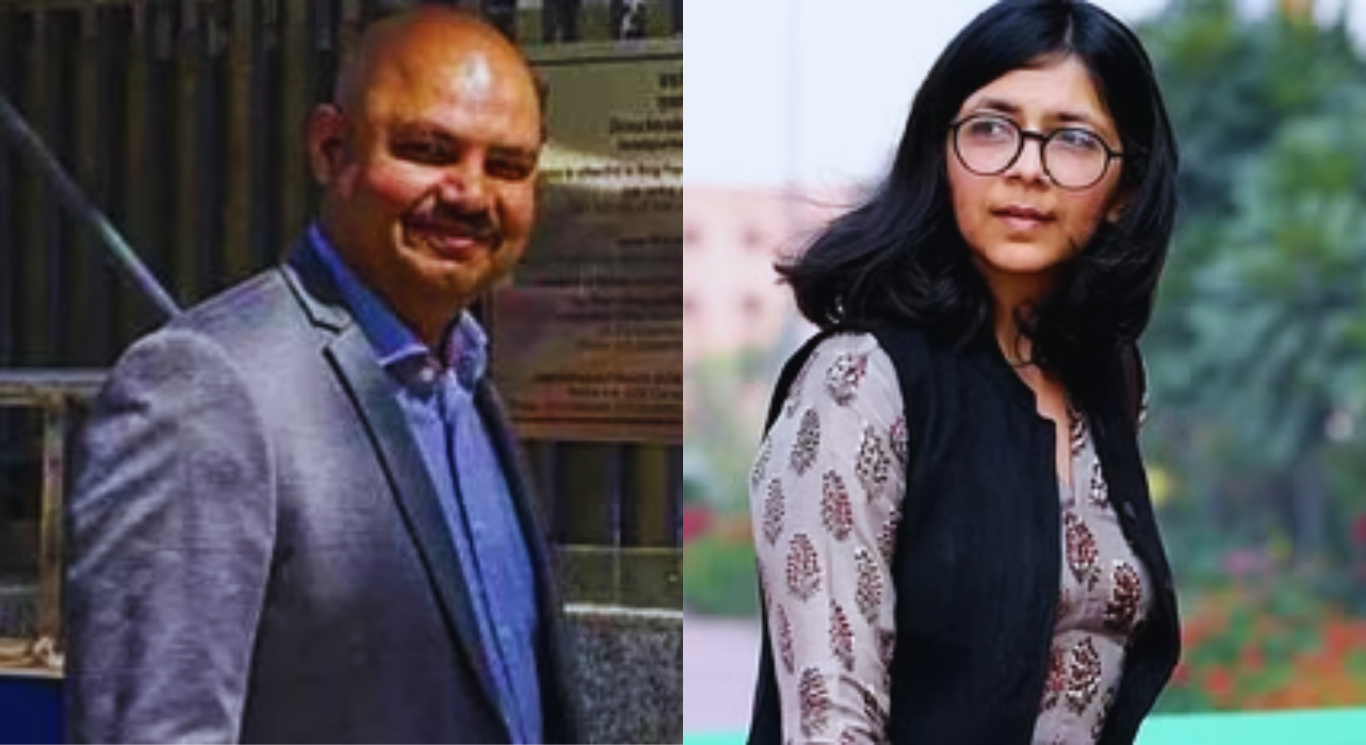

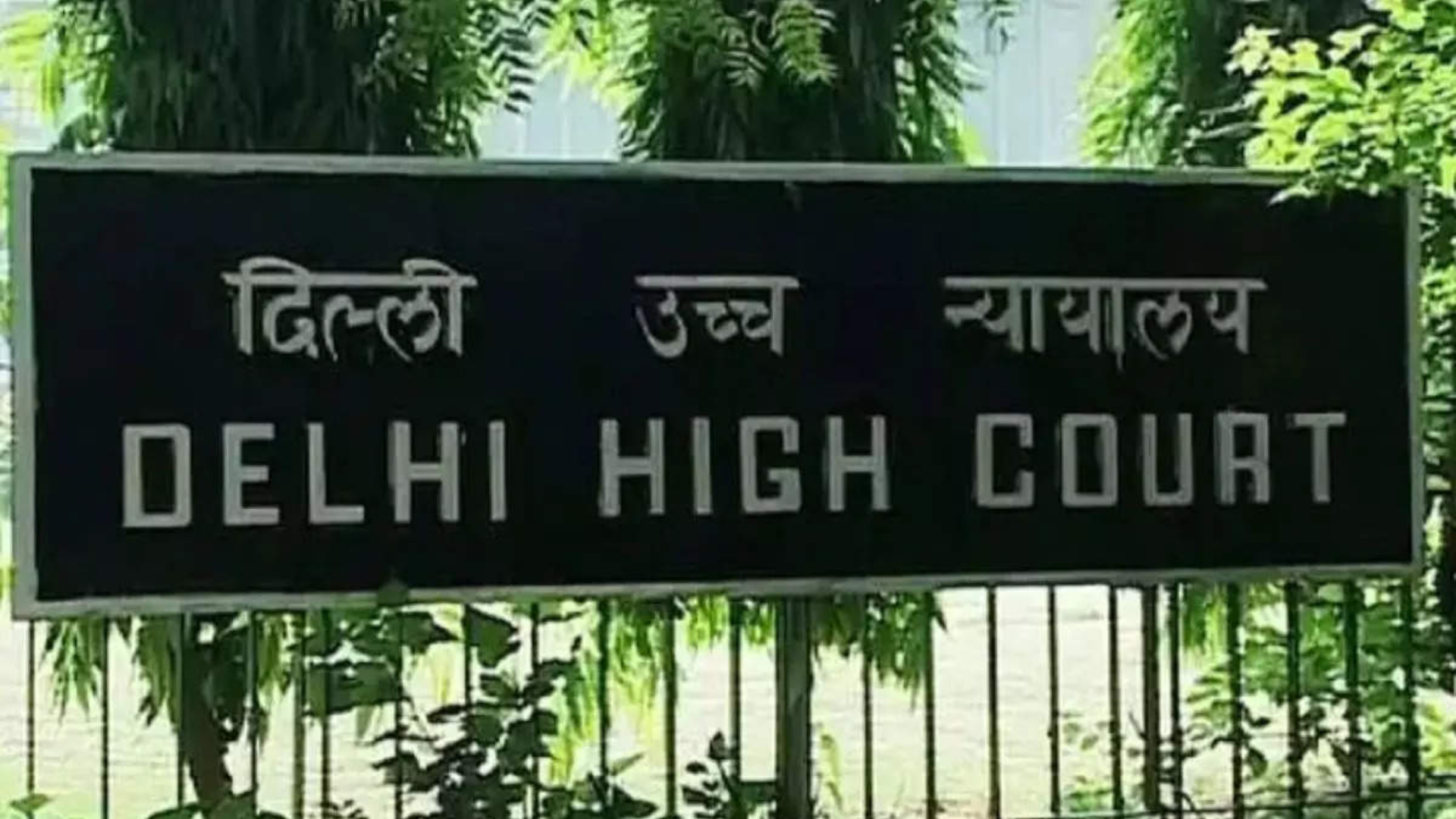
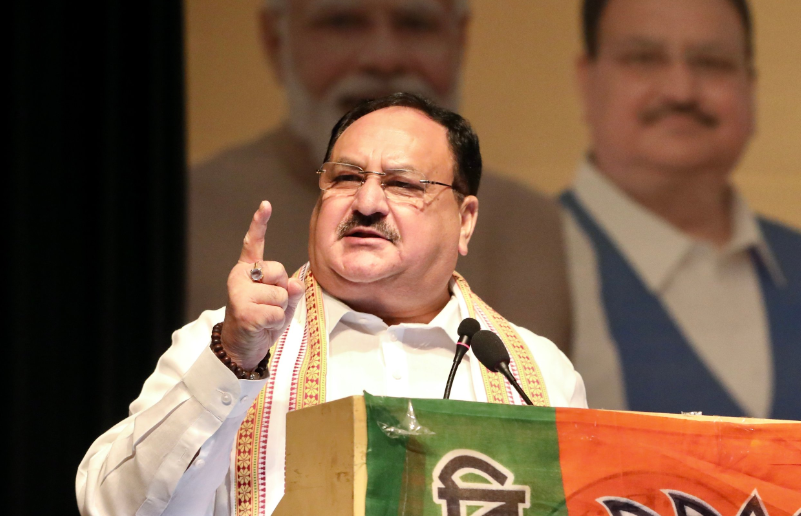

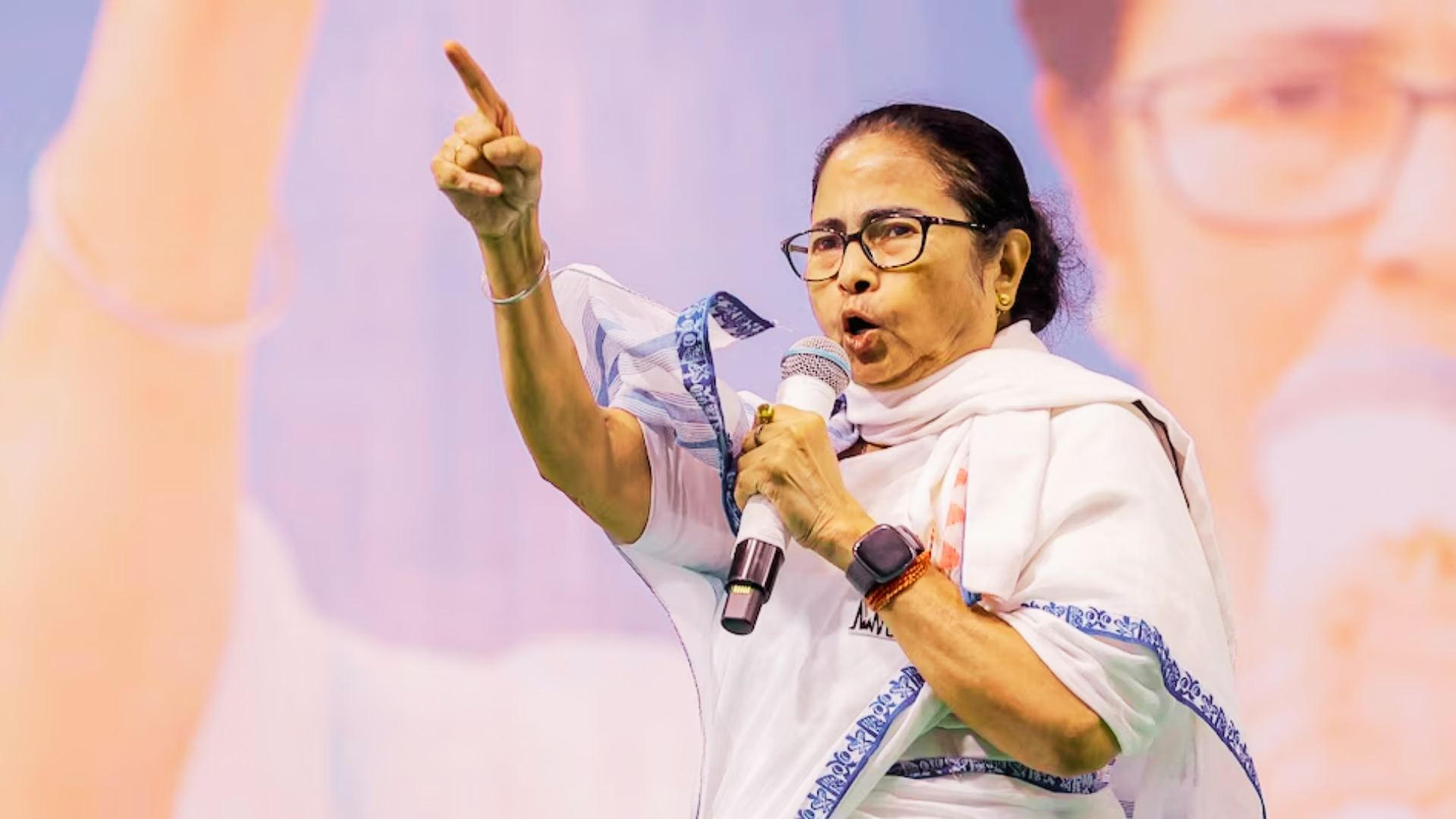
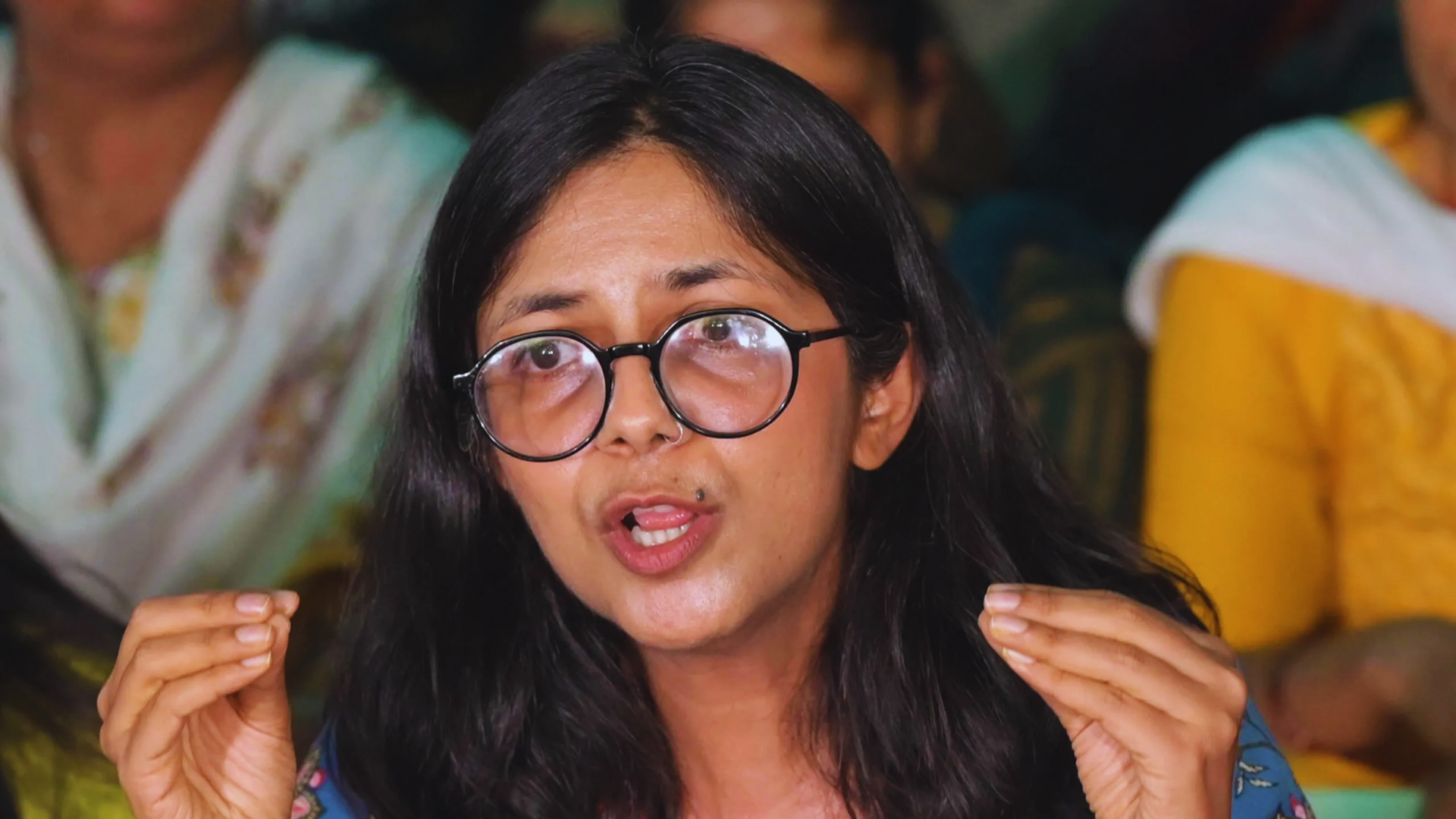
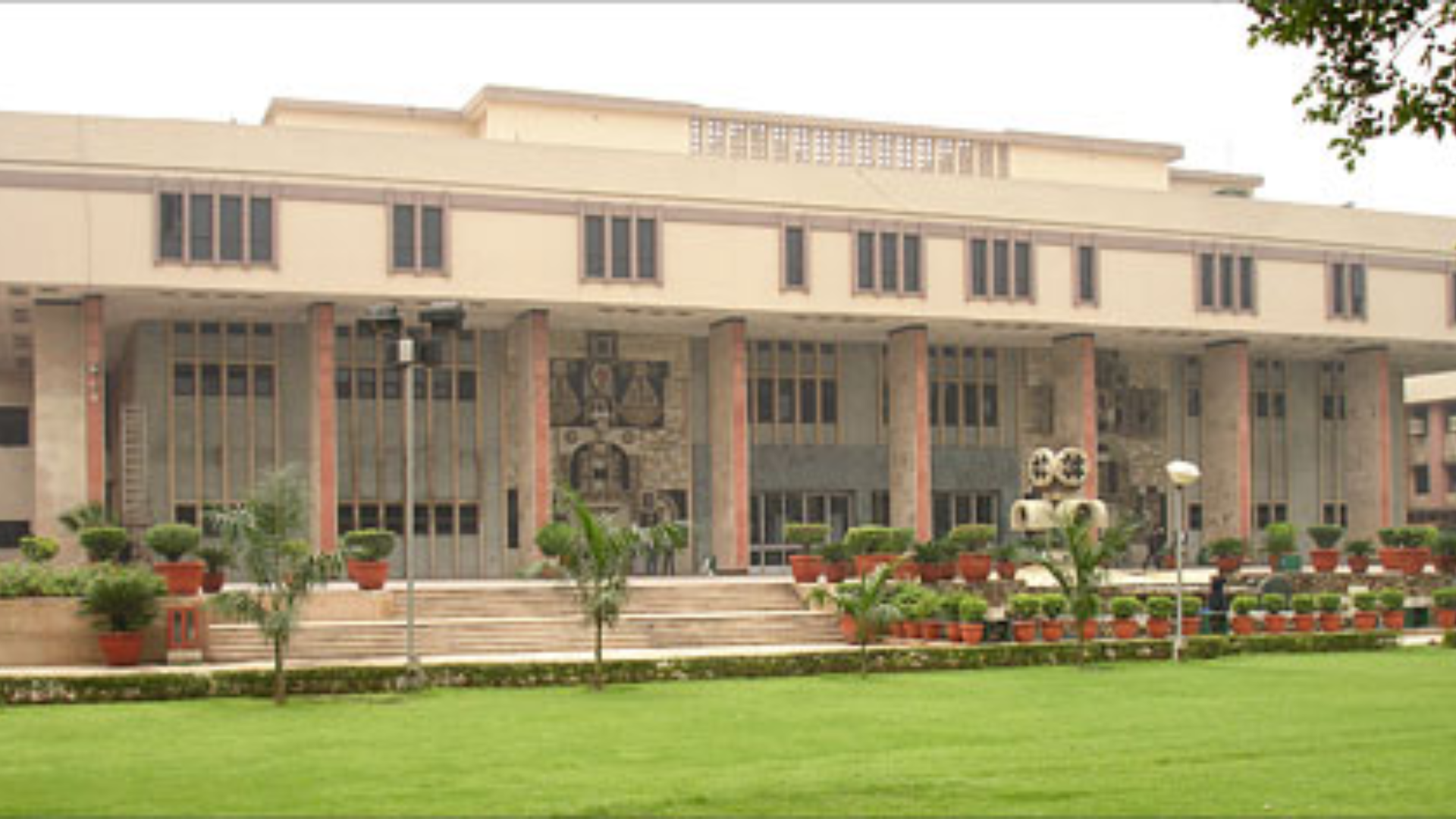
The Delhi High Court recently appointed former Supreme Court judge, Justice V Ramasubramanian, as the observer for the upcoming Jawaharlal Nehru University Students Union (JNUSU) elections during a hearing on a plea related to the polls.
The plea, filed by a JNU student, requested the court to direct the formulation of appropriate university statutes, regulations, or mechanisms for conducting JNUSU elections, incorporating the recommendations outlined in the Lyngdoh Commission.
Justice Sachin Datta’s bench granted the petitioner the right to approach the Grievance Redressal Cell established on March 6, 2024, in line with the Lyngdoh Committee’s recommendations. The bench instructed the Grievance Redressal Cell to review the petitioner’s grievances and issue a reasoned order by the law.
If it is determined that the constitution of the Election Commission (EC) does not comply with the law and the Lyngdoh Committee recommendations, the Grievance Redressal Cell will also issue appropriate orders regarding the contested elections, the court ruled.
Considering the election schedule announced on March 10, 2024, the Grievance Redressal Cell must complete its review and issue a reasoned order before the final results are declared, the bench added.
The petitioner, a student at the university, sought to invalidate the January 30, 2024 notification inviting students from selected organizations to a meeting. They also challenged a February 16, 2024 notification authorizing two students, Aishe Ghosh and Md Danish, to conduct General Body Meetings (GBMs) for the formation of the EC, along with the March 6, 2024 notification listing Election Commission members and the Chairperson of the Election Committee (CEC) for the JNUSU Elections 2023-24.
The petitioner, named Sakhi, additionally requested that fresh GBMs be conducted strictly following the terms outlined in the Lyngdoh Committee Report, as accepted and modified by the Supreme Court, to uphold the integrity and trust in the JNUSU Elections.
“The Respondent’s conduct in announcing the JNUSU elections 2023-24 towards the end of the academic session is merely a facade and undermines the democratic process, serving only to appease certain groups and thus serving no real purpose,” the plea argued.
“The notifications in question seek to legitimize a flawed and unfair process used to announce and conduct the JNUSU Elections 2023-24, including the formation of the Election Commission, and are therefore malicious, unreasonable, arbitrary, and illegal, warranting their annulment,” the plea concluded.

